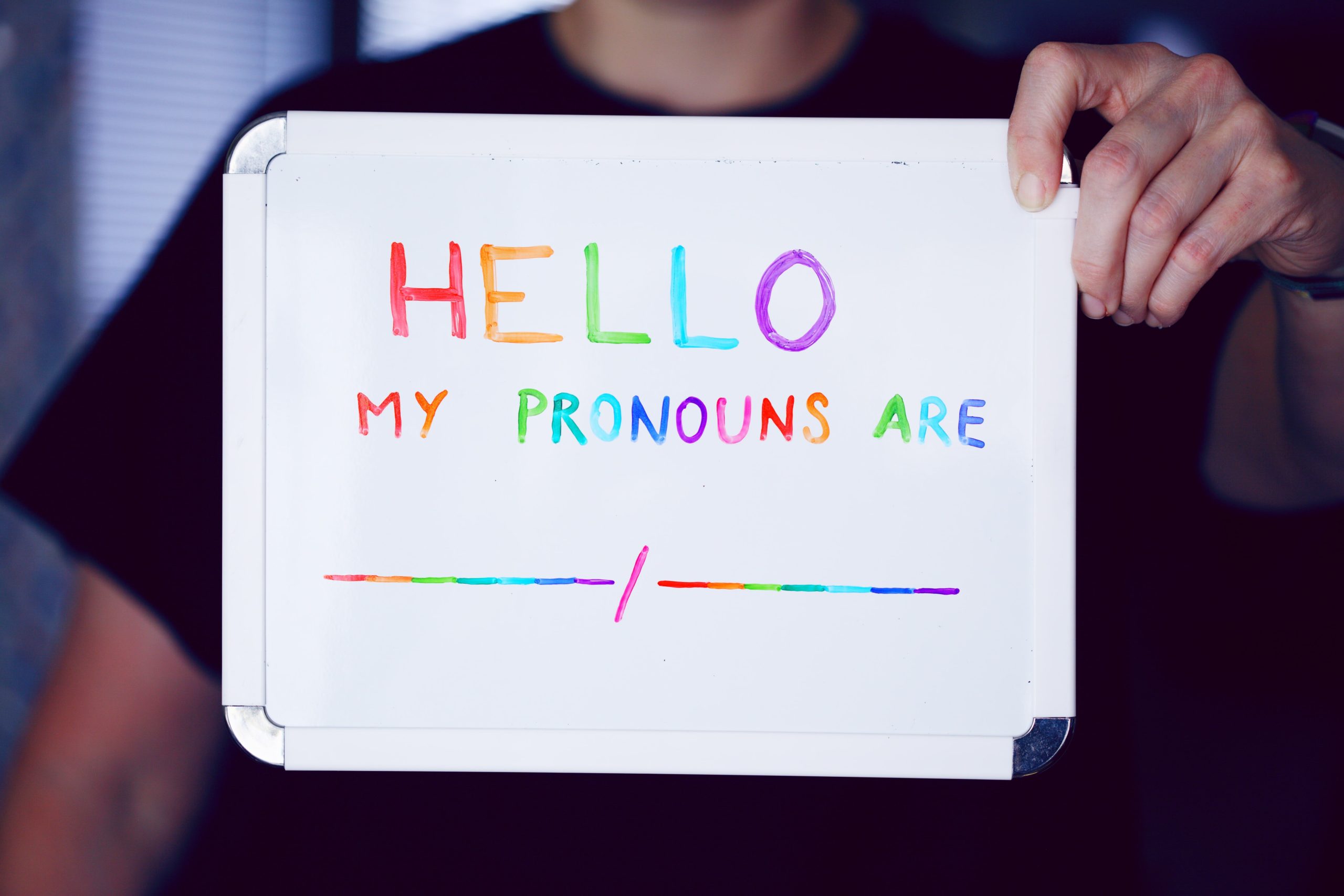Are you curious about the legal rights of transgender individuals? Or maybe you want to learn more about how these rights are protected by law? Either way, this introductory guide will provide insights into the complex and nuanced legal landscape governing transgender people. From healthcare access to employment discrimination, we’ll cover everything you need to know to better understand and support your transgender friends, family members, colleagues or community members. So buckle up as we unpack the key legal issues facing transgender individuals in today’s society!
What is transgender?
Transgender is an umbrella term for people whose gender identity or expression does not match the sex assigned to them at birth. Transgender people may identify as male, female, non-binary, or any other gender identity that is not exclusively associated with the sex they were assigned at birth.
Transgender people often face discrimination in many areas of their lives, including employment, housing, healthcare, and education. This can be especially true for transgender people of color and transgender people who are low-income.
There are a number of federal laws that protect the rights of transgender individuals, including the Civil Rights Act of 1964, Title IX of the Education Amendments of 1972, and the Equal Employment Opportunity Act of 1972. Additionally, many states have enacted their own laws prohibiting discrimination against transgender people.
If you are a transgender individual who has been subjected to discrimination, it is important to know your legal rights and how to assert them. An experienced attorney can help you navigate the legal process and ensure that your rights are protected.
What are the legal rights of transgender individuals?
There are a number of legal rights that transgender individuals have in the United States. These rights vary from state to state, but there are some federal protections that all transgender people can rely on.
The most basic legal right that transgender people have is the right to live their lives free from discrimination. This includes protection from discrimination in employment, housing, education, and public accommodations. In many states, transgender people are also protected from hate crimes.
Transgender people also have the right to change their legal name and gender marker on government-issued identification documents. This process can be complicated, and requirements vary from state to state, but it is an important way for transgender people to have their true identity recognized by the government.
Another important legal right for transgender people is the right to access appropriate medical care. This includes hormone therapy, mental health care, and transition-related surgeries. Many insurance plans now cover at least some of these costs, but there are still barriers to care for many transgender people.
These are just a few of the legal rights that transgender people have in the United States. For more information, please consult with an experienced attorney in your area.
How to transition genders
If you are transgender, or think you might be transgender, you might be wondering how to transition genders. The process of transitioning genders is different for everyone, and there is no single “right” way to do it. You may choose to transition medically (with hormone therapy and/or surgery), socially (by changing your name and pronouns, and possibly the way you dress), or both. Some people transition quickly, while others take more time.
There are many resources available to help you through the process of transitioning genders. Here are a few things to keep in mind:
1. You don’t have to transition in any particular order, or do all the steps at once. Take your time and do what feels right for you.
2. You will need to make some changes in your life, such as telling your family and friends about your new name and pronouns, but remember that you are still the same person inside.
3. There are legal steps you can take to change your name and gender on government documents such as your driver’s license or passport. In some states, you can also change your birth certificate.
4. You may need to see a doctor or therapist who specializes in transgender health care before starting hormone therapy or surgery. They can help answer any questions you have about the process and make sure that it is safe for you physically and emotionally.
5. Don’t be afraid to ask
The importance of pronoun usage
It is crucial to use the correct pronouns when referring to a transgender person. Not only is it a sign of respect, but it also helps to avoid any legal misunderstandings.
Using the wrong pronoun can create confusion and may even be considered offensive. It is important to remember that transgender individuals have the same legal rights as everyone else, and using the incorrect pronoun could be seen as a form of discrimination.
When in doubt, always ask the individual what their preferred pronoun is. This simple act of respect can go a long way in creating an inclusive and supportive environment for all.
Conclusion
Understanding the legal rights of transgender individuals should be a priority for everyone as we strive to create an inclusive and equal society. Through knowledge, education, and advocacy, we can ensure that these rights are respected and enforced by our government. We must make sure that everyone is aware of their legal protections under the law so that transgender individuals can access healthcare, employment opportunities, housing accommodations without fear of discrimination or harassment. It is only through collective understanding and effort that we will build a better future for the transgender community.








